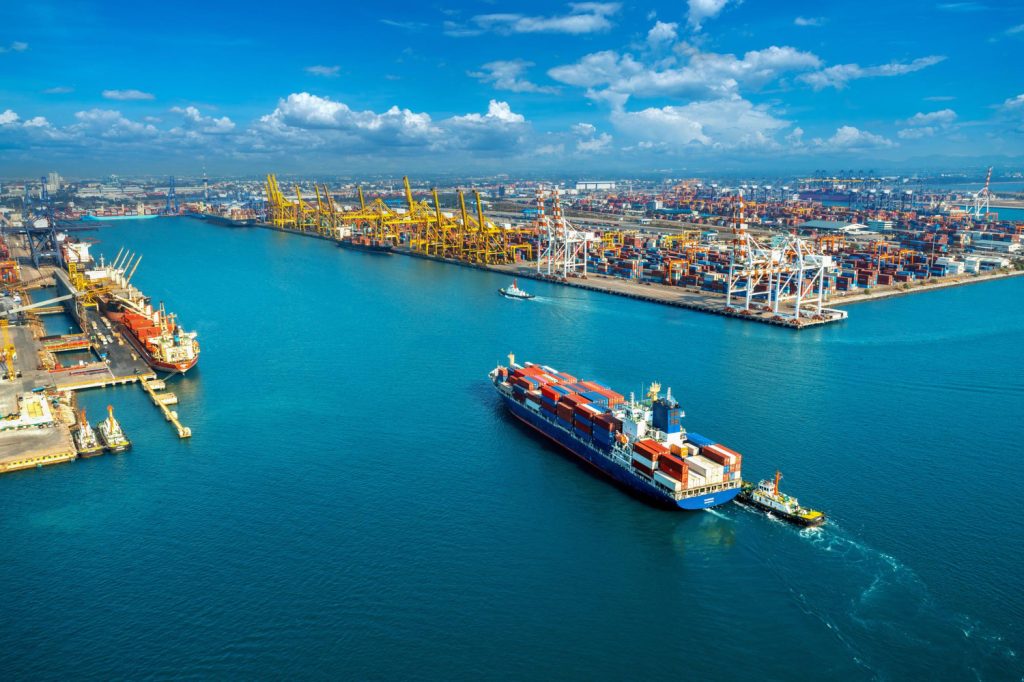
Texas industry blends land and sea jobs in ways that confuse workers about their legal protections. Someone might work offshore on an oil rig, then transition to work on a barge in inland waterways, then move to a shipyard on land. Each role involves water but the legal framework changes depending on the exact nature of the work.
Many workers don’t realize maritime law can apply even when work happens inland or in harbors. Understanding when maritime law protections kick in means knowing whether you’re covered by maritime law or standard workers’ compensation. That distinction determines what compensation is available if something goes wrong.
How Texas industry blends land and sea jobs creates jurisdictional gray areas where workers might qualify for maritime protections without realizing it. A dock welder working in an inland port might qualify as a maritime worker. A tugboat mechanic definitely does. Someone working on an oil platform in the Gulf certainly does. The criteria courts use to determine jurisdiction aren’t always obvious to workers themselves.
Knowing who’s covered and how Texas maritime law broadens protections transforms confusion into confidence—ensuring every worker claims the full compensation they deserve.
When Maritime Law Applies in Texas
Offshore rigs, docks, barges, and shipyards are the primary locations where maritime law clearly applies. Texas has extensive coastline and inland waterways where maritime work happens constantly. The Gulf of Mexico hosts countless oil and gas platforms. Houston’s port facilities employ thousands of maritime workers. The Trinity River and other inland waterways support tugboat and barge operations. These settings are straightforward maritime work environments.
Criteria courts use to decide jurisdiction look at whether your job involves navigable waters and whether you’re exposed to maritime perils. You don’t have to work exclusively at sea. Work on rivers, harbors, or coastal areas can qualify. The key is whether maritime work is a significant part of your employment and whether maritime hazards are involved.
Hybrid inland-waterway cases create the gray areas where workers don’t realize maritime law applies. A worker maintaining equipment at an inland barge dock might qualify. A person working on a floating platform anchored in a river might qualify. These situations sit at the boundary between maritime and land-based work. Getting legal clarification matters because the distinction determines available remedies.
How Maritime Rights Differ
Broader remedies versus state workers’ compensation is the central difference. Maritime law allows you to sue employers for negligence. Workers’ compensation is no-fault but capped. Maritime injury claims can include pain and suffering, emotional distress, and punitive damages. Workers’ compensation doesn’t. If you qualify for maritime protection, your potential recovery is significantly higher.
Maintenance and cure versus regular insurance represents another key difference. Under maritime law, employers have an ongoing duty to maintain injured workers and cure their injuries. This means paying medical bills and living expenses as long as you’re unable to work due to maritime injury. Regular workers’ compensation ends when benefits are exhausted or recovery is deemed complete.
Federal protections layered over Texas law means maritime workers get both federal maritime law protections and potentially Texas state protections. The federal framework provides the foundation. Texas law sometimes adds additional protections. Understanding how these systems interact matters because you might have multiple avenues to recovery.
Real Cases Where Coverage Surprised Workers
Example: tugboat mechanics working for shipping companies sometimes don’t realize they have maritime protection. They thought they’d be covered by workers’ compensation. In reality, they qualify as seamen under maritime law. When injured, their recovery potential is far higher than they expected.
Dock welders working at shipyards often have similar surprises. They work on vessels or in maritime facilities. They thought they were land-based workers. Courts determined they were maritime workers entitled to Jones Act protections. Understanding their status would have changed how they approached injuries or negotiated settlements.
Lessons learned from past verdicts show that workers who know their maritime status fight harder for appropriate compensation. Workers who don’t know their status sometimes accept inadequate settlements or fail to pursue claims at all. That knowledge gap costs workers significant money.
Getting Legal Help Fast
Time limits for maritime claims typically follow federal admiralty law standards. Three years is common, but that’s a deadline to file, not a suggestion. Missing that deadline eliminates your right to recover. Getting legal guidance quickly protects your ability to act.
Why local attorneys with federal maritime experience matter is that maritime law is specialized. General personal injury attorneys might not know maritime-specific doctrines. Attorneys experienced in maritime cases understand the Jones Act, maintenance and cure obligations, and federal admiralty court procedures. That expertise makes the difference between adequate and excellent representation.
How initial consultations protect rights means getting immediate legal review of your situation. An attorney can assess whether maritime law applies to your work. They can explain what protections you have. They can advise on next steps. That early guidance prevents mistakes and protects your position.
Conclusion
Understanding expanded coverage means recognizing that maritime law creates broader protections than standard workers’ compensation in many Texas situations. If you work on water or in maritime settings, those protections might apply to you.
Encouraging early legal review ensures you understand your actual rights before something goes wrong. Knowing your status changes how you approach workplace safety and injury claims.
Understanding Texas maritime law ensures workers get full compensation their situation actually allows instead of accepting inadequate workers’ compensation settlements.